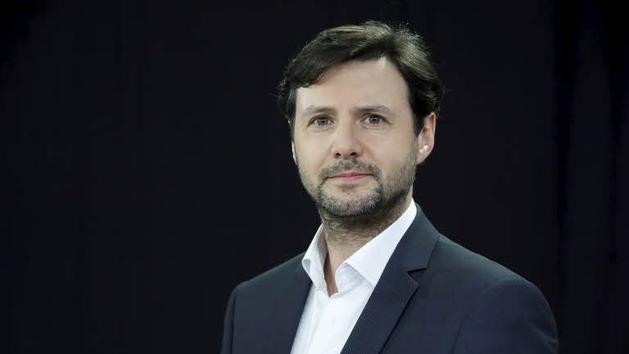Each week, Olivier Babeau deciphers the times for FigaroVox. He is president of the Sapiens Institute and, moreover, professor of management sciences at the University of Bordeaux. He recently published
The New Digital Disorder: How Digital Is Exploding Inequalities
(Buchet Chastel, 2020).
Conspiracy is the evil of the century.
And unfortunately no vaccine is in sight.
This phenomenon of which we discover with amazement, month after month, the growing importance, is at the same time the symptom and the aggravating factor of a twilight of the reason which nobody expected.
More than online violence and its pack effects, conspiracy is the unpleasant surprise of the information chaos created by new digital technologies.
It was hard to expect: historical precedents for the dissemination of information had had a very positive effect.
Five thousand years ago, the invention of writing led to the flourishing of civilizations.
From the end of the 15th century, the printing press allowed a form of democratization of information on which the Protestant reform and the Enlightenment were nourished.
We did not imagine that if a little information effectively democratized knowledge, much tended to make it an aristocratic privilege again.
Almost all knowledge in the world is now freely available: how could we have thought that conspiracy is developing like a malignant tumor in this new abundance?
It would not develop as much if it did not find fertile ground.
In a world where problems are more complex because the number of factors and interactions to consider has increased considerably, reducing them to a simple explanation is tempting.
In the subtle novel of conspiracy that is
Le Pendule by Foucault
, Umberto Eco clearly shows that these theories are creations of our desire for meaning.
We aspire to understand what surrounds us, and spend our time constructing interpretations about how it works.
This instinct from the depths of time finds unexpected nourishment on the internet.
In a world where problems are made more complex because the number of factors and interactions to consider has increased considerably, reducing them to a simple explanation is tempting.
The end of the great religious narratives concerning the world order has left a painful void: it is as difficult to admit the erratic course of things as to accept the absurdity of existence.
A false explanation that reassures will always be better than an uncomfortable truth.
We do not all have the courage to say with Nietzsche: "
better to chatter than to worship idols
" ...
It is much more reassuring to believe that masters of the world agree to manipulate us than to recognize the chaos that rules.
Paradoxically, it is less frightening to imagine yourself as a puppet from which you pull the threads than to be placed in front of the terrible reality of your freedom.
It is more satisfying for one's self-esteem to be a controlled slave than an autonomous being who does not control anything.
This deep tendency to seek meaning is mixed with a growing distrust of political or economic elites: credited with always working for dark purposes, these elites no longer manage to hold speeches audible by the rest of the population. .
Any criticism of them will be accepted, because it is a criticism, as admissible.
The burden of proof will be blithely reversed: it is up to the powerful to prove that they do not hatch a Machiavellian plan, and not to sycophants to prove their claims.
The guesses are quickly turned into an indictment.
Any defense is rejected in advance into insignificance.
Manipulation, finally, is all the easier as the conspiratorial convictions thrive on a breeding ground of profound ignorance.
In 2019, a survey showed that one in six French people “
had never heard of the Shoah
”.
Conspiracy is an infernal machine for our political system.
Anyone who has experience of the functioning of “
places of power
” knows, however, that it is not necessary to assume an evil intelligence at work to interpret events.
Individual imperfections, the chance of organizational dysfunctions, the drift of institutions and the contradictions of interests are sufficiently powerful mechanisms in themselves.
Most worrying is that conspiracy is a hellish machine for our political system.
On the Internet battlefield, everything comes together to generate a cartoonish debate: our cognitive biases, the business models of platforms and the media, technologies, ill-intentioned influencers, cultural poverty ... The whole builds a monstrous edifice of excess, lies and incomprehension.
It turns our democracy into a witch's cauldron from which the most terrifying chimeras emerge.
We cannot accept this as inevitable.
There are solutions.
If politicians were more willing to adopt truthful speeches, especially when they were wrong, their speech might eventually regain credibility.
The initial lie about the masks certainly didn't help.
Finally, teaching the psychosociological mechanisms of credulity at school, and more broadly providing students with the cultural resources necessary for critical thinking, could slow down the dissemination of these theories.

